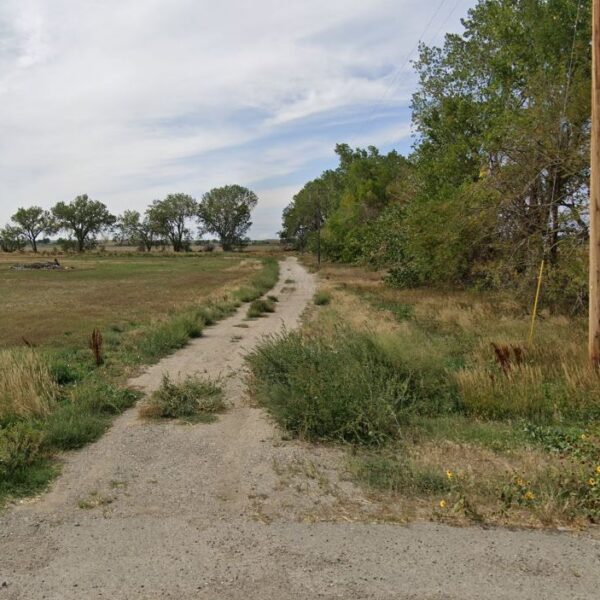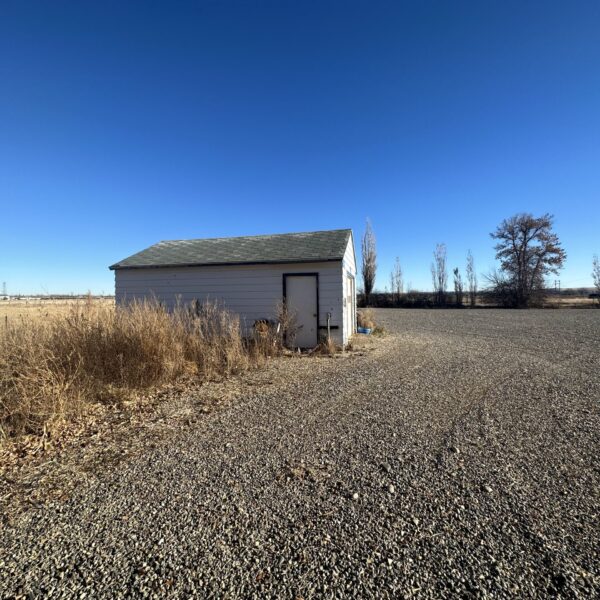Billings, Montana, nestled in the expansive Yellowstone County, presents a unique and promising opportunity for individuals and investors looking to purchase land. As the largest city in Montana, Billings offers a blend of urban convenience and rural beauty, making it an attractive location for a variety of land use purposes, from residential development to commercial projects and agricultural ventures. This guide aims to equip prospective buyers with essential insights into the process of finding and acquiring land in this region, highlighting the potential that Billings and the wider Yellowstone County hold.
The Appeal of Billings and Yellowstone County
Billings serves as a commercial hub not just for Montana but for the entire northern Rocky Mountain region, including parts of Wyoming and the Dakotas. Its strategic location, coupled with a robust economy and a quality of life that balances city amenities with the great outdoors, makes Billings a sought-after location for land acquisition. Yellowstone County, with its scenic landscapes and access to natural resources, further enhances the appeal, offering vast tracts of land that cater to diverse needs and aspirations.
Identifying Land for Sale
Finding the right parcel of land in Billings or the broader Yellowstone County requires a strategic approach:
- Online Real Estate Platforms: Websites specializing in real estate listings, such as Zillow Realtor.com, and local platforms like Montana Land Magazine, can provide comprehensive listings of available land in the area.
- Local Real Estate Agencies: Partnering with a local real estate agency that has deep knowledge of the Billings and Yellowstone County markets can offer insights into off-market deals or upcoming listings that match your criteria.
- Municipal and County Records: Exploring the City of Billings and Yellowstone County’s official websites for information on land auctions, surplus land sales, or zoning plans can uncover unique opportunities.
- Networking: Engaging with local landowners, farmers, and business communities can sometimes lead to direct purchase opportunities or partnerships.
Considerations When Buying Land
- Zoning and Land Use Regulations: Understanding the zoning laws and restrictions is crucial to ensure the land can be used for your intended purpose, whether it’s for building a home, starting a farm, or developing a commercial property.
- Access to Utilities and Infrastructure: Evaluating the availability and proximity of essential utilities (water, electricity, sewage) and infrastructure (roads, internet) is vital for development and valuation.
- Environmental Assessments: Conducting thorough environmental checks can help identify potential issues, such as flood risks or contamination, that could affect usability or increase development costs.
- Market Analysis: A comprehensive market analysis can provide insights into land values, trends, and future development in Billings and Yellowstone County, ensuring you make an informed investment.
Navigating the Purchase Process
Once you’ve identified a piece of land that suits your needs, navigating the purchase process is the next crucial step. It typically involves several stages, starting with due diligence, where you verify the conditions and legalities of the land. This is followed by making an offer and entering into negotiations. If an agreement is reached, a purchase agreement is signed, and a deposit is usually made. The final steps are closing the transaction, where all necessary payments are made, and the deed is transferred, formally changing ownership. Engaging a reputable local attorney and a title company during this process can safeguard your interests and ensure a smooth transition of property ownership.
Building Your Future in Billings: Post-Purchase Land Development
Embarking on land development in Billings after the completion of the purchase process necessitates careful planning and adherence to local regulations. To begin, crafting a detailed development plan that aligns with your vision—be it for a private residence, a commercial enterprise, or a farming operation—is fundamental. Securing the necessary permits and approvals from Yellowstone County and the City of Billings, including those for building and environmental compliance, ensures your project proceeds without legal hurdles. Additionally, building a network of reliable contractors, architects, and engineers who are well-versed in the local codes and conditions can be instrumental in bringing your Billings land development project to fruition effectively and efficiently.
Conclusion
Billings, MT, and the wider Yellowstone County offer a dynamic market for land acquisition, with opportunities for residential, commercial, and agricultural development. The process of finding and buying land in this region requires diligence, from conducting thorough research and analysis to understanding local zoning and regulations. By leveraging online resources, partnering with local experts, and engaging with the community, prospective buyers can navigate the market effectively to find land that meets their needs and investment goals. Whether you’re drawn to the economic vibrancy of Billings or the natural beauty of Yellowstone County, the region holds vast potential for land buyers looking to invest or build in Montana.








